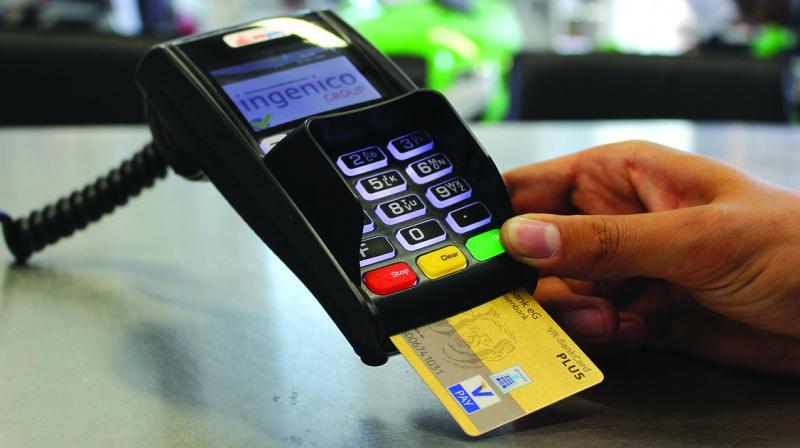Money talk: These things do not hurt your credit score

Your credit score is a three-digit, numeric expression of your creditworthiness. It is measured by credit information agencies such as Experian and CIBIL and ranges from a low of 300 to a peak of 900. A high score reflects positively upon you. It shows you have been punctual with your loan and credit card payments.
A good score helps you get the best loan and card offers. A low score leads to high interest rates and rejections. Today, a score of 750 or more is considered ideal. Many things impact your credit score: your payments, the amount of debt you are in, the age of your credit accounts, the mix of secured and unsecured credit you have, the percentage of your card spending limit you are utilising, defaults and settlements, and so on.
There are several misconceptions about what impacts your credit score — positively or negatively — and what doesn’t. So let’s take a look at several things that don’t impact your credit score.
YOUR OWN CHECKS
Each time you apply for a new loan or credit card, the lender checks your credit report. This is called a “hard” check, which reduces your score fractionally. This is a good reason to not make multiple, simultaneous applications. However, when you make a personal check into your own credit score, it’s termed a “soft” check. It does not harm your score. As per a Reserve Bank of India mandate, credit information agencies must provide you one free credit report each year. You can and must avail these reports digitally to keep a check on your credit score.
PRE-PAYING YOUR LOAN
Pre-payments (loan payments over and above your EMIs) will not harm your credit score. On the contrary, they are likely to boost it. You also have the option to pre-close your loan, i.e., fully repaying the loan before its tenure. This may or may not impact your credit score. Pre-closure is positive credit behavior. However, you may lose the credit score boost that comes from having a longer credit line. What you need to avoid is a loan settlement — i.e., defaulting on your loan and then taking the option to part-pay the loan to close the account. This will certainly hurt your credit score.
WHAT YOU EARN
Your credit score is not linked to your income. It is computed basis your credit history only. So you may be a low-income person who has been regular with his EMIs and credit card payments, and your score may be higher than someone who has high income but has been irregular with repayments. Regardless of their income, anyone with positive credit behavior will have a good credit score.
UNEMPLOYMENT
Your employment status has no bearing on your credit score. If you were unemployed but were able to pay your EMIs and clear your card dues on time, your credit score will continue to be positively boosted. Howe-ver, if your unemployment leads to missed payments, your credit score would be damaged.
YOUR FAMILY’S CREDIT HISTORY
Your credit history is yours alone. It will not impact the credit history of your family members or friends. The exception to this is if you have become a loan guarantor for family or friends. As a financial guarantor, you are responsible for ensuring they repay their dues in a timely manner. If they don’t, and if you fail to make good on your guarantee, your own credit score gets damaged.
DEBIT CARD OR BANK USAGE
Your debit card usage, bank statements, debits and credits are not reported by your bank to credit agencies. Therefore, these do not influence your credit score. This also means that if a cheque written by you bounced, it will not impact your credit score-though it could create plenty of other problems.
INVESTMENTS, INSURANCE, UTILITY BILLS
Your investments such as mutual fund SIPs, recurring deposit instalments, insurance premium payments, and utility payments such as for internet, phone, electricity etc. have no bearing on your credit score-yet. In the West, some new-age credit scoring techniques employ these data points in the absence of a traditional credit history. Lenders may consider alternative data points — even your social media profiles — to evaluate your creditworthiness. However, such techniques haven’t taken off in India.
HAVING MANY CREDIT CARDS
This is a double-edged sword. If you have multiple cards but were able to clear off your dues in a timely manner and maintain a low Credit Utilisation Ratio (percent of your available spending limit that you’re using) across your cards, your score may be positively impacted. However, high credit dependence and late payments will hurt your score. As a habit, make periodic checks on your credit score. This will help you know what you are doing wrong or right with your loans and cards. The habit will also help you avoid rude surprises when you need a loan.

